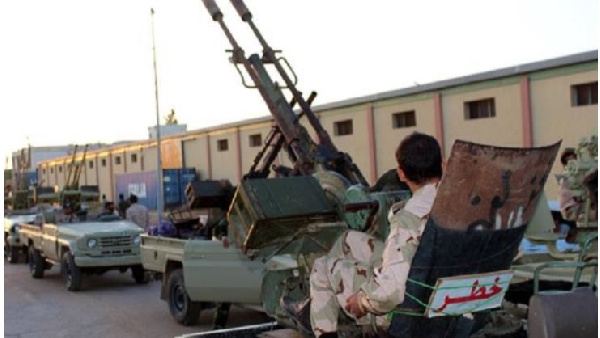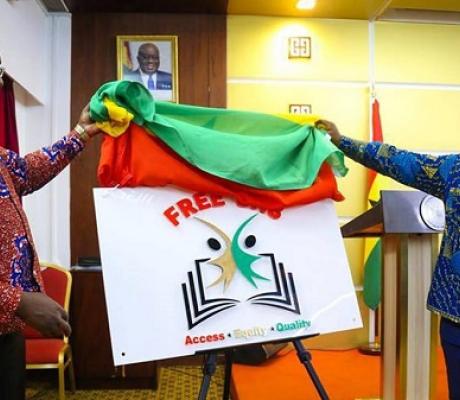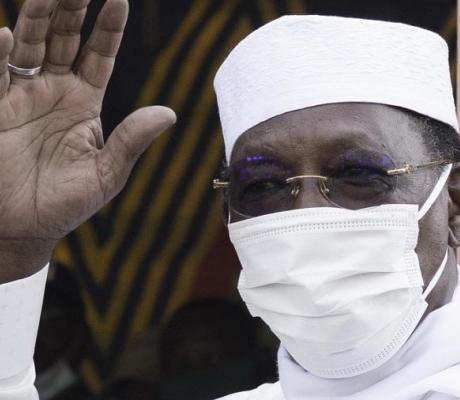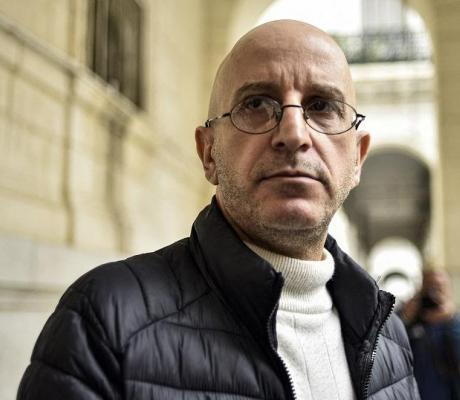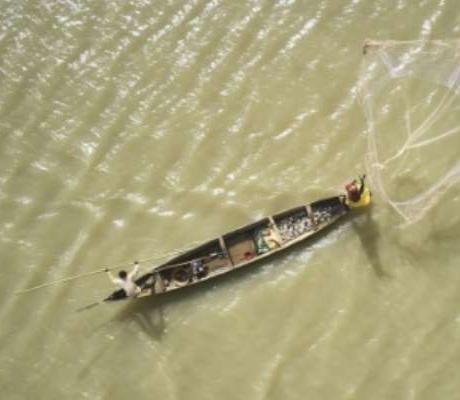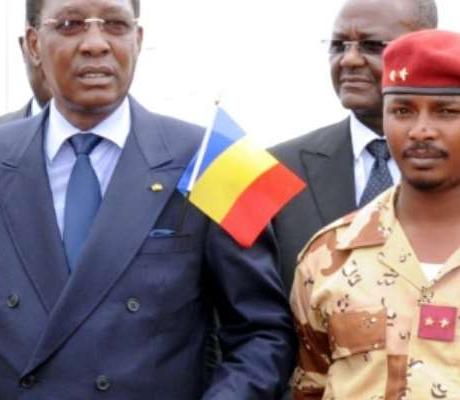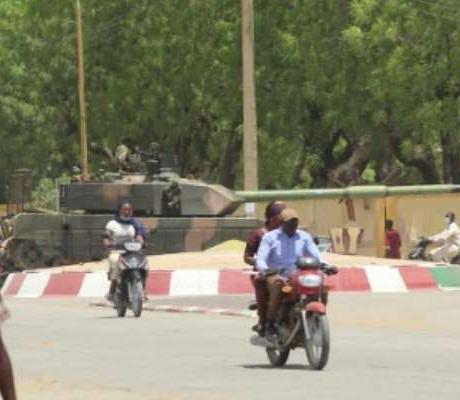One year after the world was first introduced to a pandemic that continues to ravage lives and economies, African countries are still finding solid grounds on which to place their feet in anticipation of the promised worst that is to come.
Even though at least three vaccines have been invented in humanity’s fight against the coronavirus, it is hard to see a quick way out, much less for those in Africa. At the end of 2020, the African Union Center for Disease Control (AU-CDC) expressed concern about the lack of infrastructure as well as strategies in most African countries even with vaccines available.
Statistically across continents, Africa is the least affected in terms of infections and deaths. Yet the economic toll may be felt the worst on the continent of more than 1.3 billion inhabitants. Servicing foreign debts is of course one of the biggest drivers of the harder times expected.
This would have an impact on politics on national scales. With a very young population and inability to overcome the scourge of unemployment and underemployment (a fact only made worse by COVID), many African leaders will have more on the line than before when elections come up in 2021.
For some other Africans, the challenge apart from the impacts of COVID is the task of rebuilding their countries, and that ambition lies in the outcome of coming polls.
With all these in mind, these are the upcoming elections of 2021 that you should not take your eyes away from:
Ethiopia
Very few countries at the end of 2020 commanded global attention than Ethiopia. Political and security analysts were in consensus that tensions in the northern region of Tigray were surely going to lead to a civil war. So far, Addis Ababa would disagree.
But a legislative assembly election that was supposed to be held in August 2020 was postponed due to the coronavirus pandemic. With the tensions in Tigray sparking somewhere in October, the election has become attained more relevance than before as the world waits to see if Prime Minister Abiy Ahmed and the coalition led by the Progress Party will retain their mandate.
The Gambia
When Adama Barrow took over from authoritarian Gambian ruler Yahya Jammeh, Barrow was expected to usher in a renaissance after 22 brutal years under Jammeh. In the five years that he has been president of The Gambia, Barrow has been expected to reconcile relationships and build the economy.
Jammeh was in-charge of The Gambia for nearly half of the country’s post-independence lifespan. The shadow of dictatorial reign still hovers over the small West African nation.
Barrow will be judged on December 4, 2021 according to how much he has washed off the stains of Jammeh’s reign.
Morocco
Moroccans will be going to the polls on March 18, 2021, to either affirm or deny a consecutive second term for the Justice and Development Party (PJD) under the leadership of Prime Minister Saadeddine Othmani. The prime minister’s reign has been marked by the difficulties of post-Arab Spring North Africa with democratic reforms severely tested via social media and by a young population.
A largely conservative Islamic country, Morocco has been struggling to come to terms with the kind of future required to oblige the respect of the international community.
Uganda
The Ugandan general election coming up on January 14 has been marked by violence and what many have described as intimidation of the opposition by the government of President Yoweri Kaguta Museveni. The president has been in power since 1986 and is expecting to extend this feat.
Museveni’s closest challenger, a musician-turned-politician called Robert Kyagulanyi Ssentamu, or Bobi Wine, has been the target of security officers who have accused him and his campaign of breaking COVID protocols to flouting campaign rules.
Museveni and Ssentamu have exchanged words throughout the course of last year over various issues. Ssentamu believes Uganda can only begin to take steps forward in a future without Museveni while the president sees the man who is half his age as a nuisance to Uganda’s development.
Zambia
Zambia is under pressure from external creditors, particularly China to whom the country owes a bulk of its $12 billion external debt. COVID has pushed the nation to its knees and the economy is about to shrink by nearly 5%. The kwacha, the country’s currency, is losing worth every single day.
President Edgar Lungu knows the scale according to which he will be judged. He will be coming up against the veteran Hakainde Hichilema of the United Party for National Development.
For what it’s worth, neither Lungu nor Hichilema hold s the panacea for what is about to hit Zambia. But it is the president who has more to lose if Zambians do not believe he has a plan for a way out.
Libya
The elections expected for this year in Libya can be seen as a re-imaginative process for a country that has not known stability since Muammar al-Gaddafi was deposed in a coup in 2011. What Libya has witnessed are fragile transitional governments at the mercy of regional rebel factions.
Both parliamentary and presidential elections are expected for December 2021. The United Nations is hoping that the ceasefire it brokered between the Government of National Accord, led by President Fayez al-Sarraj, and the Libyan National Army led by military commander Khalifa Haftar, will be respected by the parties involved.
Source: face2faceafrica.com

